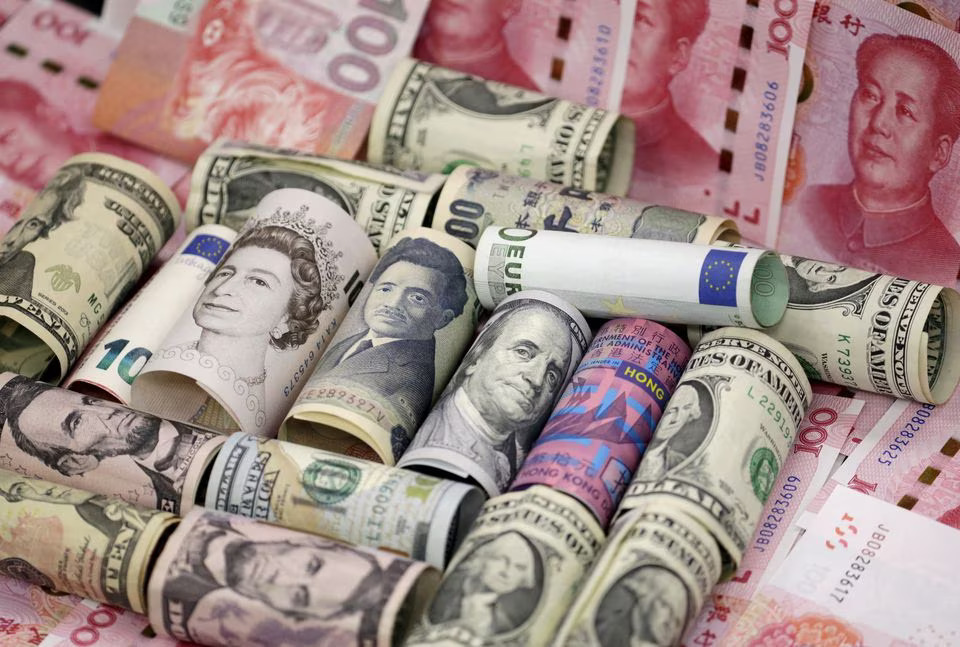DAVOS, Jan 20 — Many developing countries are facing major debt crises due to inflationary pressures and rising interest rates, said the United Nations Development Programme’s (UNDP) administrator Achim Steiner.
Inflationary pressures and rising interest rates have led to a significant increase in the amount that developing countries, especially the least developed countries, have to pay to service their debt.
“In fact, there are well over two dozen countries now that pay more in interest payments on their debt than they are able to invest in their education or health sectors. So, this is a development setback that is very significant,” Steiner told Anadolu Agency.
He underlined that the international community failed to find a proactive solution for the debt of developing countries.
“UNDP estimates 52 developing countries facing one form of debt distress and potentially also default, which would have very significant repercussions, not only for financial markets but actually in those 52 countries live 40 per cent of the world’s poorest people.
“So, that alone gives you a sense of the magnitude that this current financial and debt crisis is causing,” Steiner said.
Even institutions like the UN have retreated their traditional development finances in times of crisis, despite the need from developing countries.
As a result, countries are cutting back their development corporation budgets, which is “a major strategic error (that) creates new risks for the years that lie ahead.”
He said speeches at the World Economic Forum signal “a light at the end of the tunnel” as interest rates and inflation will go down.
Steiner added, “There is a sense (that) recovery will reemerge, maybe during this year.”
Many of the least developed countries are working to avoid default, which means they cannot make investments.
“There is an enormous amount of redirecting national resources from public budgets to service international debt.
“It is an underinvestment in economic recovery. So, for the least developed countries, it is a much more serious situation and a much-prolonged crisis that they face,” he said.
— Bernama





